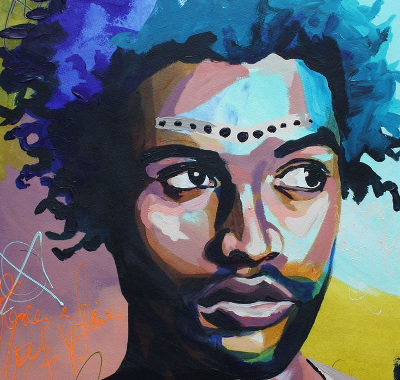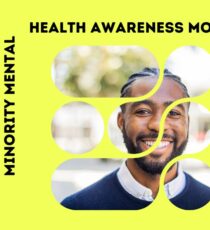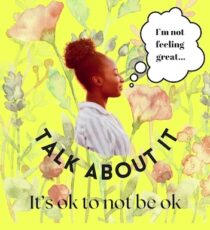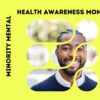
If you’re not getting what you need then the short answer might be “yes”.
I love therapy. I’ve gained such incredible insights from it. It’s helped me understand myself, my reasons behind behaviors and reactions, and improved my self confidence.
My first therapist was an older black woman. And the one who offered me insights and tools I continuously refer to is a white woman. As some want a counselor who mirrors their identity, I’ve never had a preference for race, or other backgrounds. I just wanted someone good. I’ve been extremely fortunate to have had some amazing therapists. And unfortunately I had some that sucked.
One counselor who told me I was unprofessional and disrespectful for standing up for myself in a work situation where I was being treated unfairly. She was white and I wonder if she was operating under implicit bias and if she would have been that hostile with a white client. I had another counselor who was also a white woman who didn’t make any effort to assist me in dealing with feelings of discriminiation. She said she had no experience with it. But I thought, surely you’ve experienced sexim and aren’t those feelings akin to those of experiencing racism? She couldn’t or wouldn’t equate the two…
Finding the right therapist can be challenging work. A counselor who has the right combination of skill, knowledge, cultural competency, compassion and ability to make you feel comfortable opening up can be a needle in a frustrating haystack. But a good and effective counselor is a treasure. And the bottom line is that it has to be the right fit. Unfortunately, my last therapist did not meet my bottom line and I finally called it quits.
My last therapist was very nice in our sessions and well-versed in her field. I saw her for about a year. But among other things, like semi-frequent cancellations, there was no connection. I often had to ask her for feedback. And when our sessions had to take place on the phone due to covid, she was so quiet at times I wasn’t sure if she was listening. It got to the point that talking with her was like talking to a glass of ice water. I thought, If I’m going to be talking to myself, I may as well just do that. I told her about my concerns and she was extremely professional in accepting the feedback. She made efforts to improve our rapport, and I really respected her for it. But it just didn’t work. It took me several months of consideration to finally decide to quit.
I wasn’t sure if that was a wise decision during a pandemic due to unpredictable emotional upheavals. But I also realized that not only did I have a lackluster relationship with my counselor I also didn’t have a lot to talk about in each session. It had gotten to the point that sometimes I’d stop the session early because I didn’t have anything else to discuss. Or maybe I just got tired of not having a robust exchange. I like input, feedback…conversation. The most effective therapists I’ve had made sessions feel as if I was talking to an informed friend.
I don’t regret my decision to stop seeing my therapist. I’ve been very proud of my ability to support myself emotionally. It feels really good when you know you have tools to understand and manage challenging feelings and situations. And a great thing about deciding to quit therapy is knowing you can always go back if you need support at other times.
Therapy is a relationship. If that relationship, like any other, isn’t working, and you’ve tried your best and made your feelings known, it may be time to move on. For a number of reasons, it can be a tough decision to end therapy.
You may not want to offend your therapist
It may be difficult to find a new counselor
You may not feel as if you’re able to offer yourself the emotional support you need without counseling
But know that you deserve effective support. If you’re not getting what you need you have the right to discontinue therapy. Going to counseling is work and you deserve someone who can do the work with you in a way that supports your needs and goals.






Social Menu